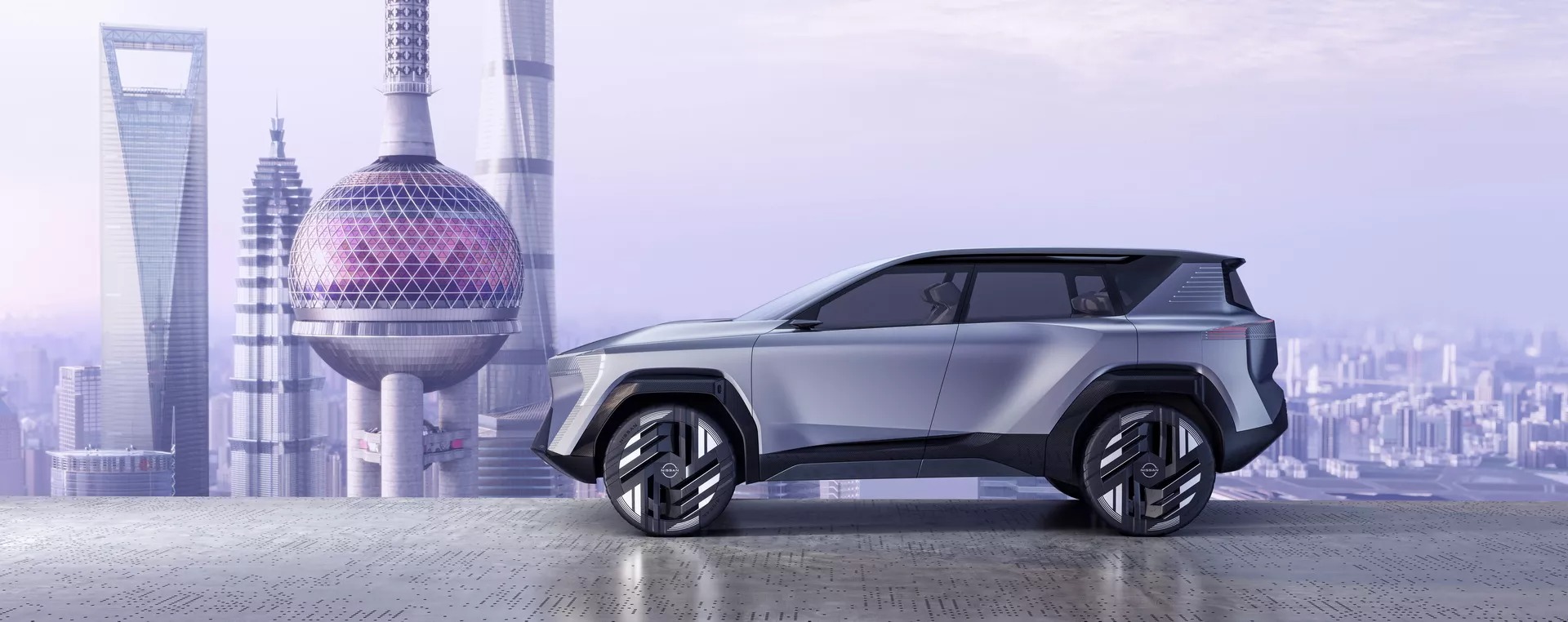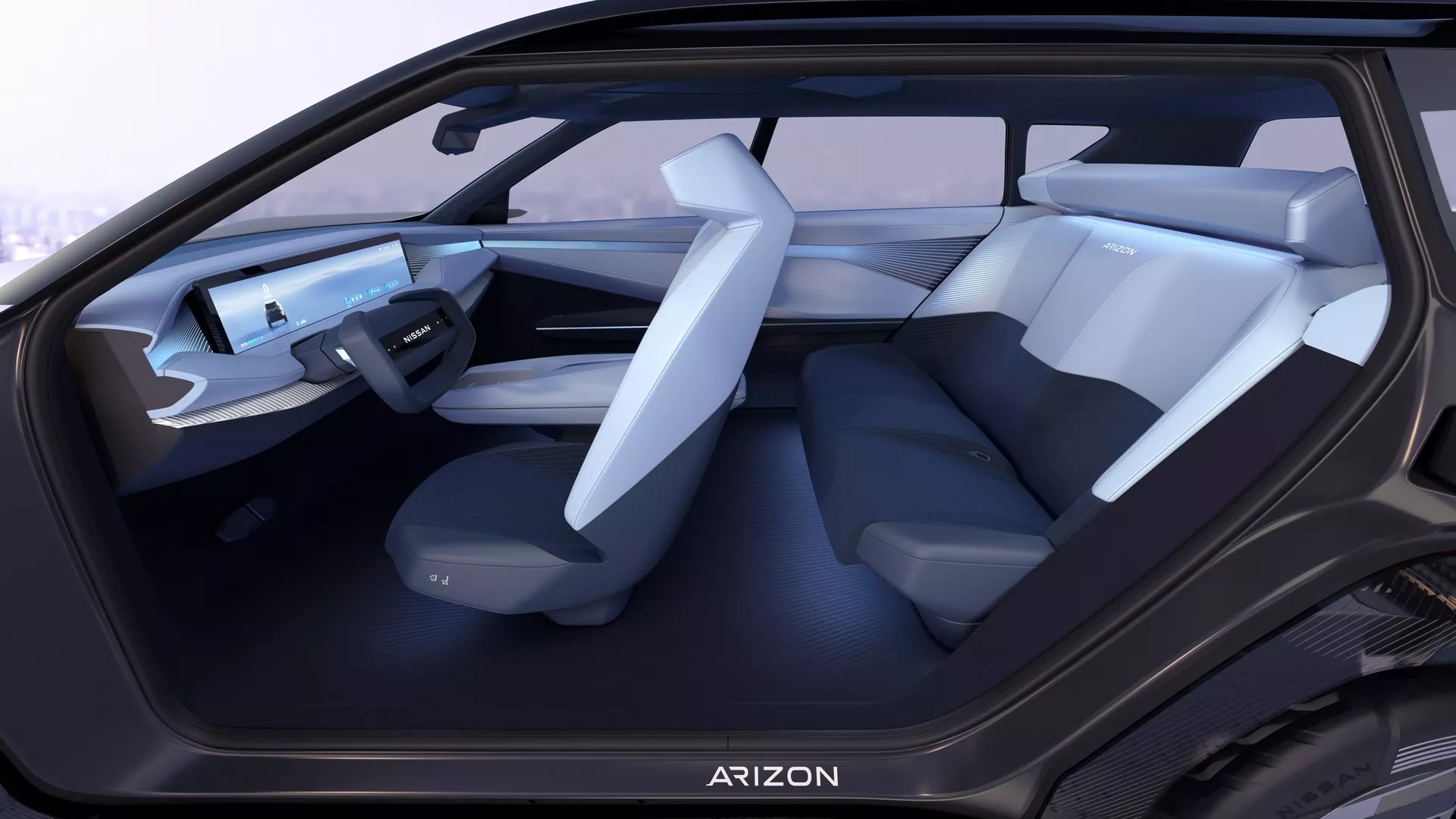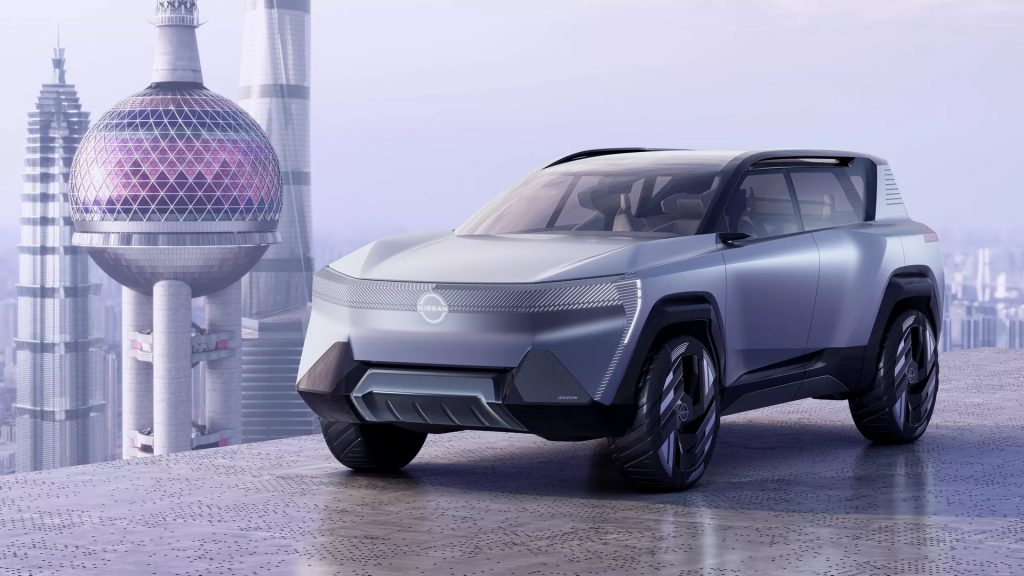Nissan Motor, a Japanese automaker, has recently unveiled a new electric sport-utility vehicle (SUV) at the Shanghai auto show, as the company aims to express its continued commitment to the Chinese auto market.
Nissan believes that the Chinese market is likely to continue pioneering the rise of electric vehicles, and has been a key market for Nissan for several years. However, Nissan, along with other global automakers, is facing increased pressure and the threat of declining market share from the rise of home-grown auto companies.

To cater to the Chinese market, Nissan plans to launch an electric vehicle designed specifically for this purpose. Ashwani Gupta, Nissan’s chief operating officer, made the announcement at the Shanghai auto show. He stated that “China has already crossed the tipping point of accepting the electrified car as a modern car,” and that Nissan does not want to miss this opportunity.
The company’s new vehicle, the Arizon, offers a virtual personal assistant named Eporo, and boasts a low center of gravity while lacking structural pillars, a move Gupta said enhances the car’s spacious interior.
Once a pioneer in the global electric vehicle (EV) market with the Leaf, Nissan has since ceded dominance to Tesla Inc and has struggled to compete in China against BYD, the country’s biggest EV player. As a result, Nissan is focusing on developing “advanced mobility” software in-house, specifically related to safety or which can set Nissan apart in terms of competitiveness, including for battery management systems and autonomous driving.
Nissan’s latest electric offering, the Ariya crossover, has faced production line issues, slowing the delivery of a car that was designed to put the Japanese automaker on the road to a comeback. Despite these setbacks, Nissan plans to roll out 19 new battery EVs by 2030. However, S&P Global Ratings recently lowered Nissan’s debt rating to junk status, citing that margins and sales volumes were unlikely to improve as quickly as previously expected.

Nissan is hoping to solidify its position in the Chinese auto market with the Arizon and continue its presence in the global EV market by developing its “advanced mobility” software in-house. While facing increased pressure and challenges from home-grown auto companies, Nissan is still determined to roll out 19 new battery EVs by 2030 and is optimistic about the future of the EV market.
